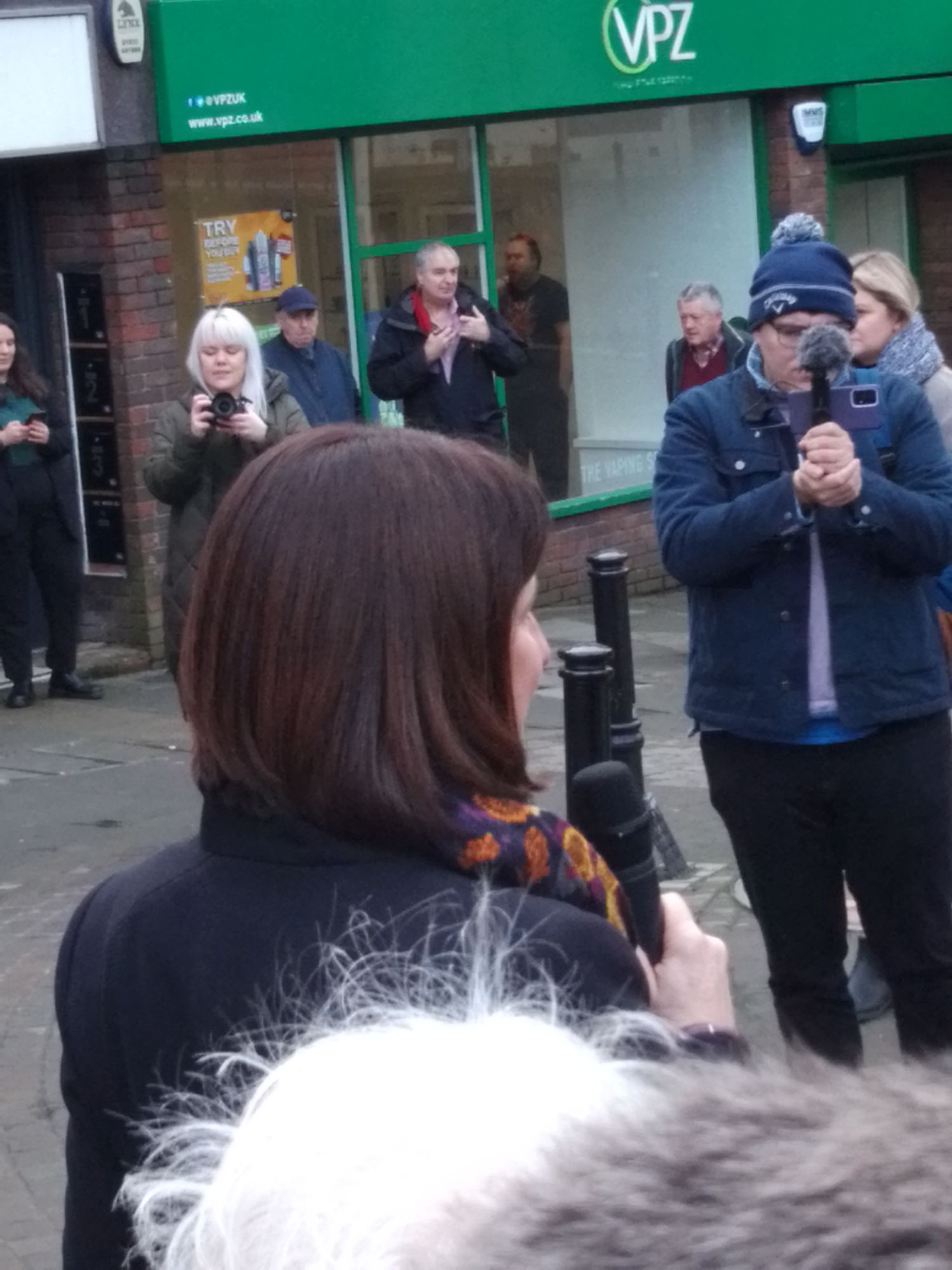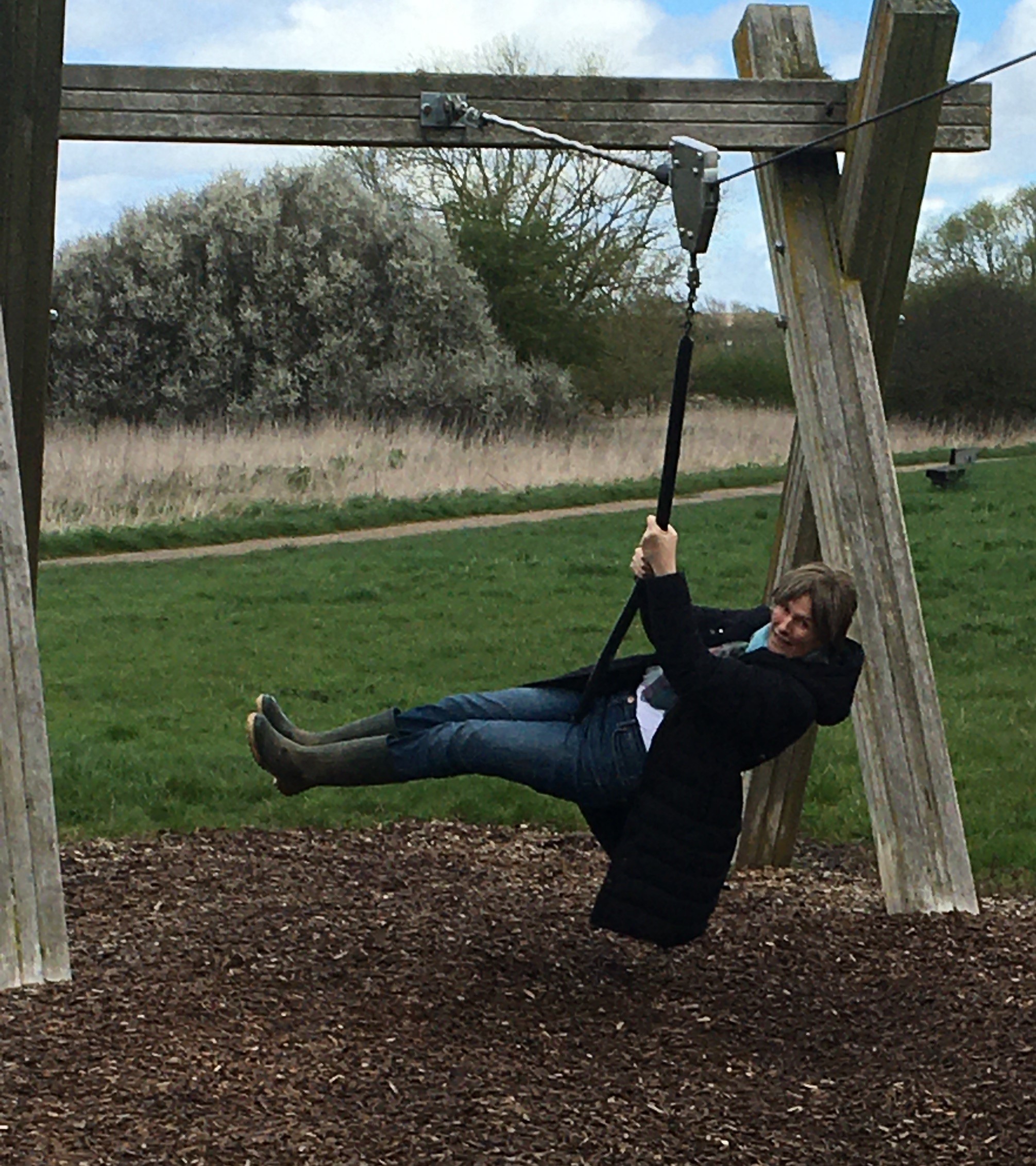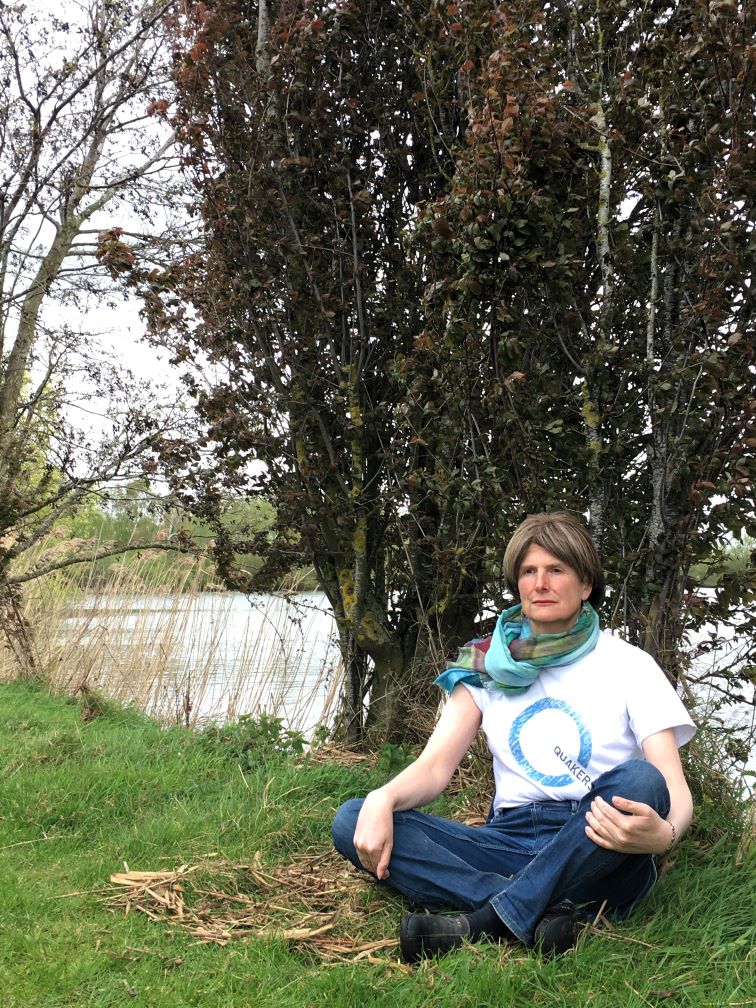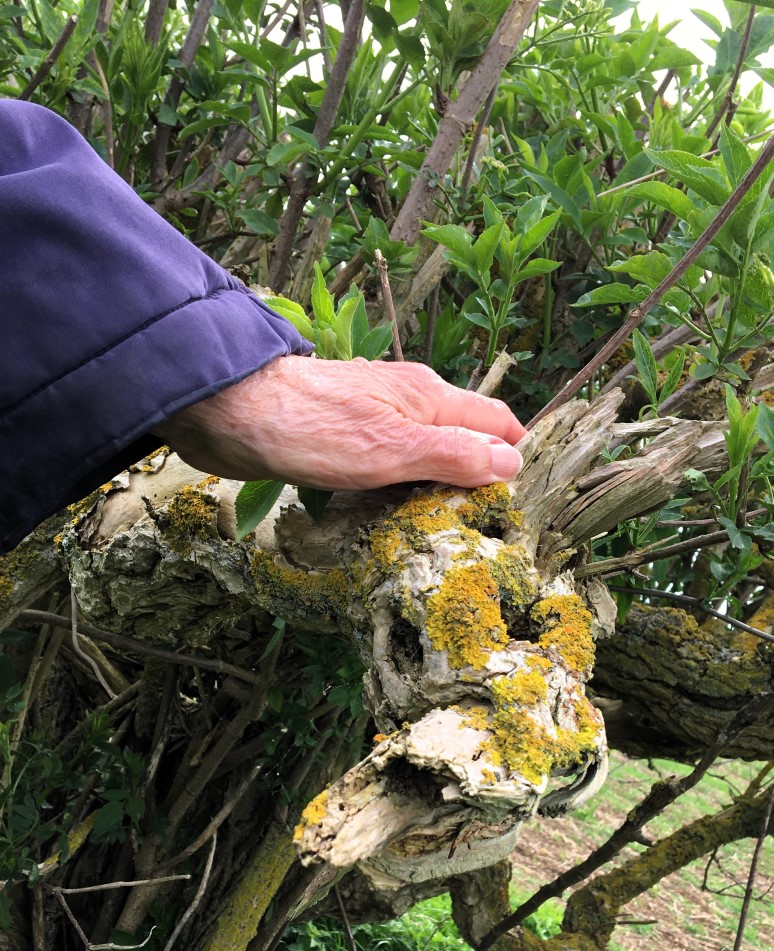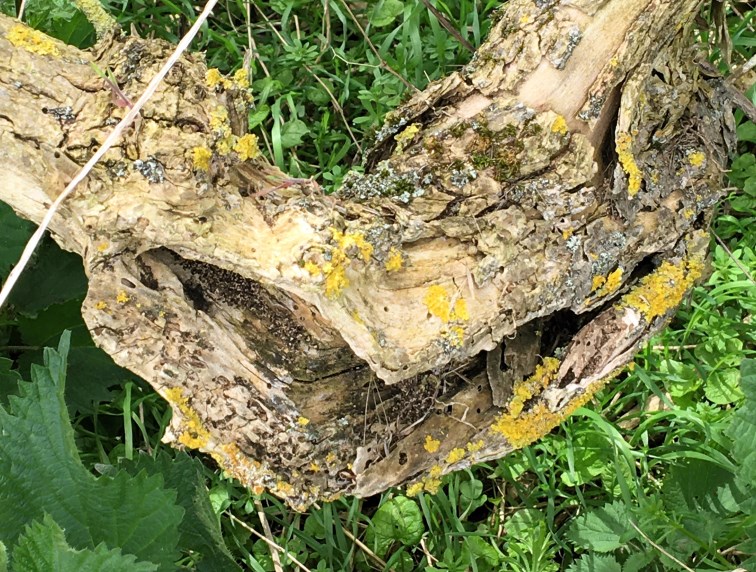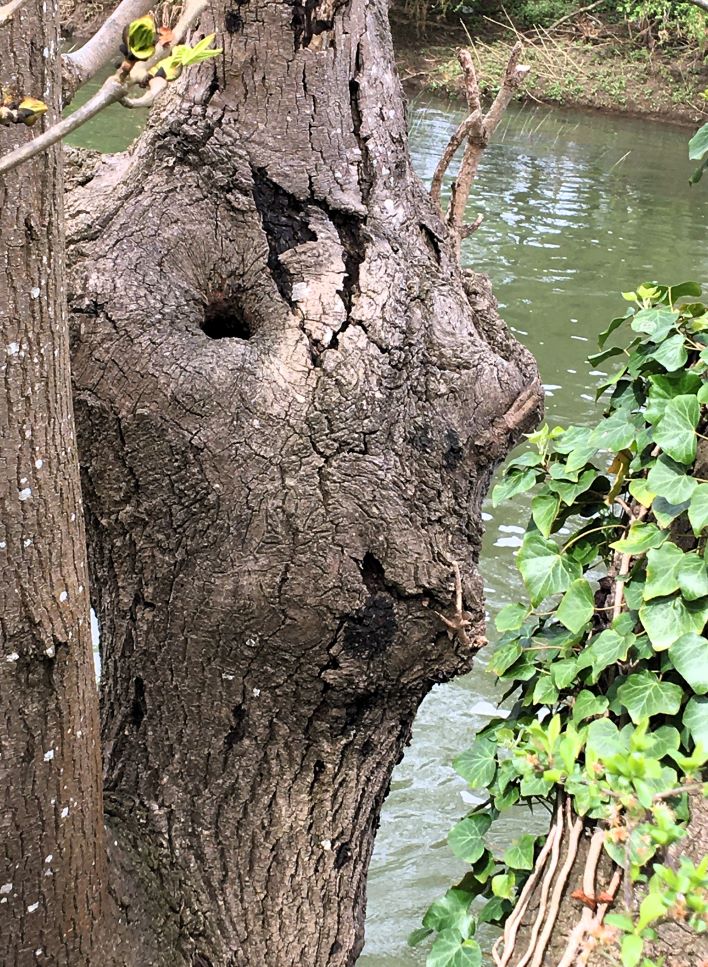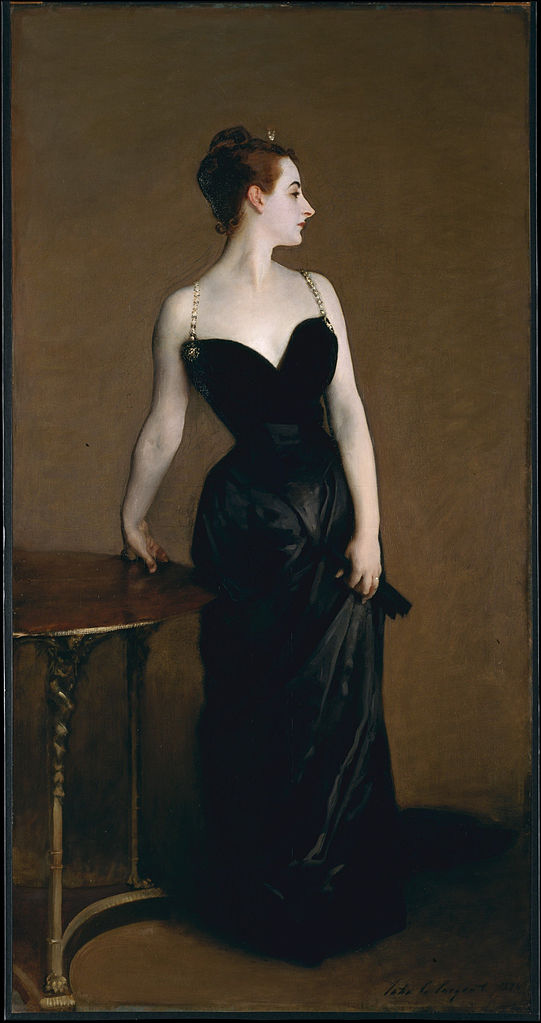More in Common, a centrist body committed to bringing people together, has done a deeply transmisic act.
For their briefing paper about culture wars, they asked people about various issues, both Do you support or oppose various actions? And Is your view on this action important or unimportant to you?
There were three trans-related issues, framed as follows:
Allowing transgender women to compete in women’s sports
Public institutions holding family-friendly drag queen shows
Protecting female-only and male-only spaces in places like bathrooms and hospital wards
The third of these has a completely transmisic framing. The word “protecting” implies there is a threat. Of course we “protect” women’s spaces from men, though often not from male cleaners. The framing treats trans women as no different from men.
It would have been easy to frame this issue in a trans-friendly manner. Do you support excluding all trans women from women’s services such as toilets and changing rooms in shops? Or, if naming hospital wards, the survey could point out that a lot of wards have single rooms. My friend, dying, had a single room. I suggest “excluding” rather than “including” in the phrasing, because currently trans women have a right to be in these places, according to the statutory code of practice.
The introductory page has links to download the briefing paper and data tables giving the questions and answers. 76% supported “protecting female-only spaces” and only 6% opposed, which is unsurprising given the framing. 69% said this was important, and 10% unimportant, which would mean the population is seething with transphobia. But, when I go into toilets I have still not been challenged, though I am more and more afraid of saying that in case I jinx it.
On pronouns, 39% agreed using pronouns is basic decency and respect, and 35% said it was compelled speech contrary to personal beliefs. Yet I am not misgendered. Possibly, people gave the anti-trans response because it was suggested to them. Had they been offered the phrase about decency and respect alone, more would have agreed. So, More in Common normalises anti-trans talking points.
The net opposition to trans women in women’s sports was 48%. The question did not distinguish elite from amateur sports. The public were even opposed to drag queen story time, by a net 7%. More people found these matters unimportant than important.
Having said all that, the report has some useful stuff. It quotes Steven, from Blyth, saying transgender inclusion would not “change his life”, which if he’s cis seems obvious. Simone, also from Blyth, said the anti-trans politicians are merely ignorant. Richard from Wokingham called Rishi Sunak “disrespectful” and belittling in his attitude to trans.
However an imagined leaflet promising in its title to “protect women’s only [sic] spaces” was seen as more interesting and important than one to improve bus routes. The least popular title was about renaming streets to reflect modern diversity.
They recommend that politicians “talk about the issues that matter most to the public”. Well, of course they do. They’re More in Common, not some Tufton St junk-tank or the Daily Mail wanting to win votes through stoking hate. They say trans issues should not be dealt with by trying to create electoral wedges, but for the election politicians should stick to everyday concerns of the public and work through trans issues behind the scenes. This “working through”- they don’t say if it might mean scrapping the trans parts of the Equality Act, and the Human Rights they are based on. That settlement allows trans exclusion if there is a good reason- it’s just that there never is a good reason.
It’s not just the far right and hard right who spread hate on trans. We are not safe with anyone. Any organisation which, like More in Common, sees itself as reasonable, balanced, sensible and centrist may preach trans-exclusion. It’s a huge contrast to what they said less than two years ago.
38 Degrees commissioned the report. They say they want people to get “a fair chance in life”. Well, perhaps not trans people. Owen Jones had useful points on the report.
Meanwhile, Amnesty International condemned the UK government for breaching international human rights commitments and curtailing human rights protections, including its blocking the Gender Recognition Reform (Scotland) Bill. And the Parliamentary Assembly of the ECHR spoke up for trans across the continent, with a good speech by Jeremy Corbyn: he said that ending anti-trans discrimination “is why we exist”. Some people see that the attack on trans is an attack on human rights and freedoms.
For a by-election, Rachel Reeves visited, and I got to see the back of her head. She spoke for seven minutes, then rushed off. A man had wanted her to sign her book for him, but she got away too quickly.
